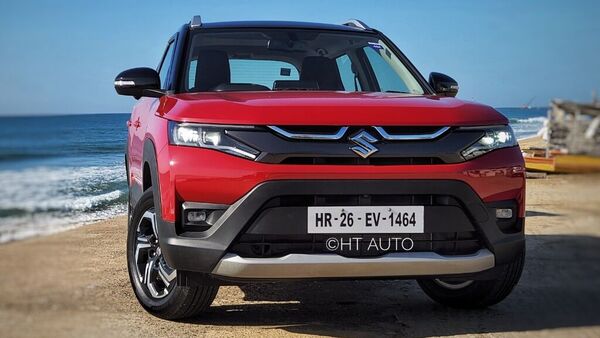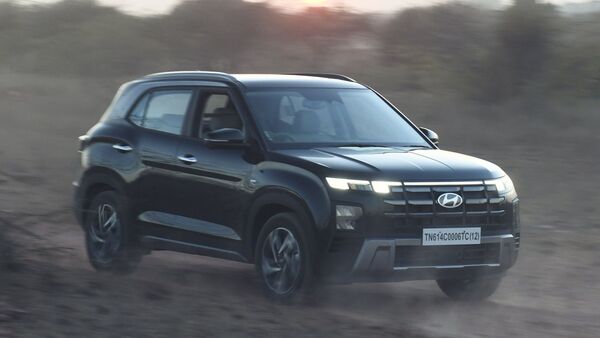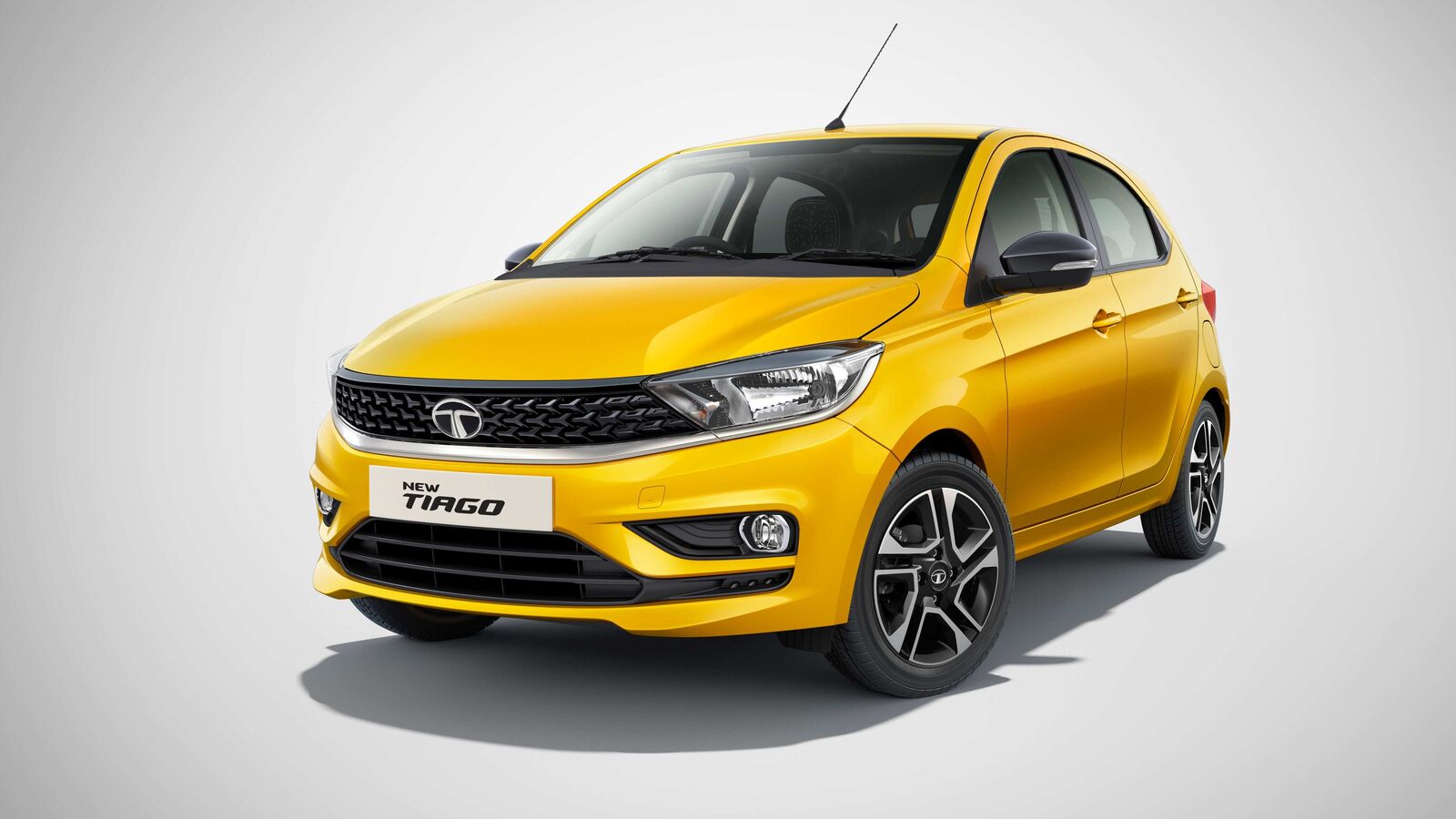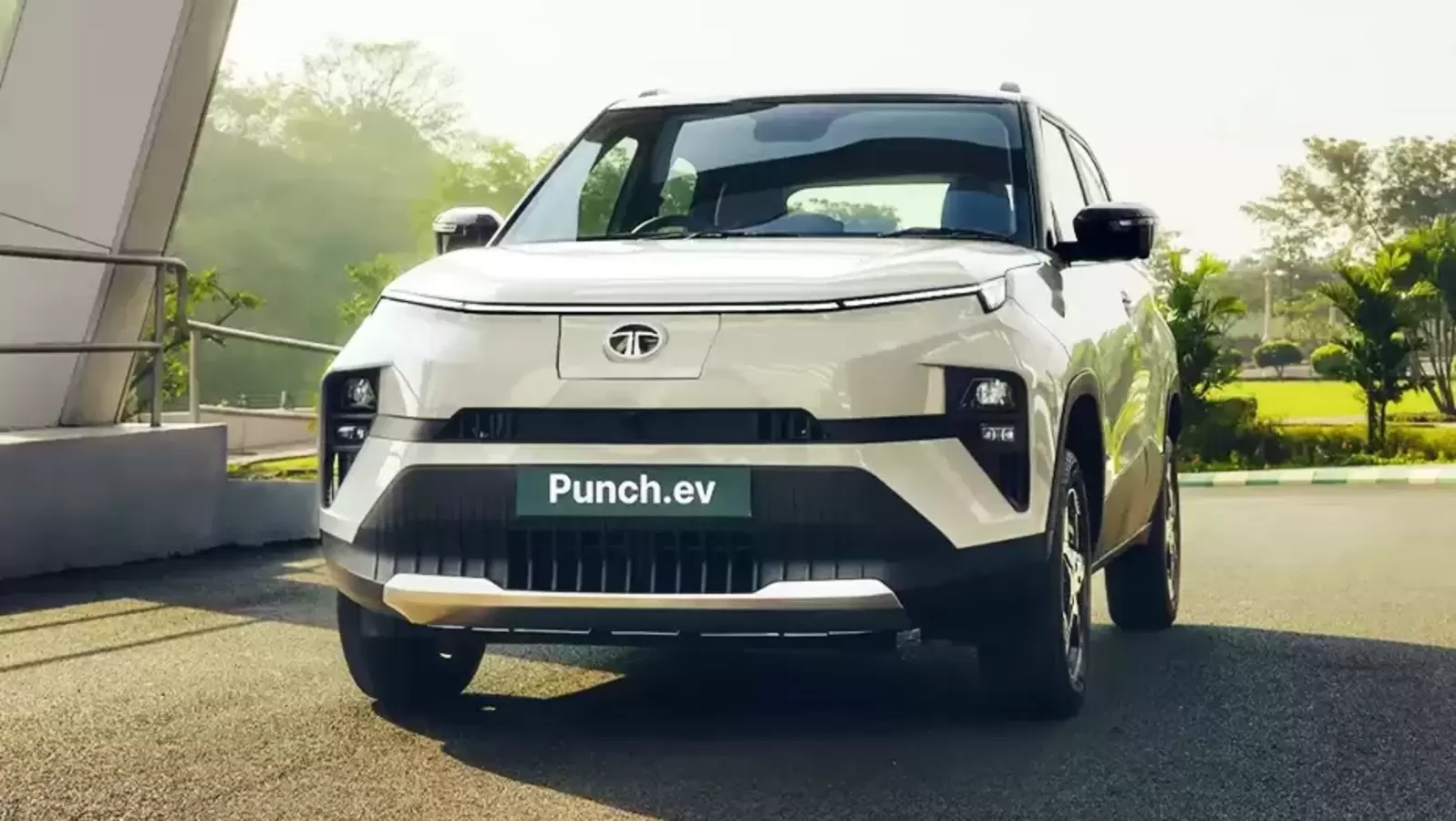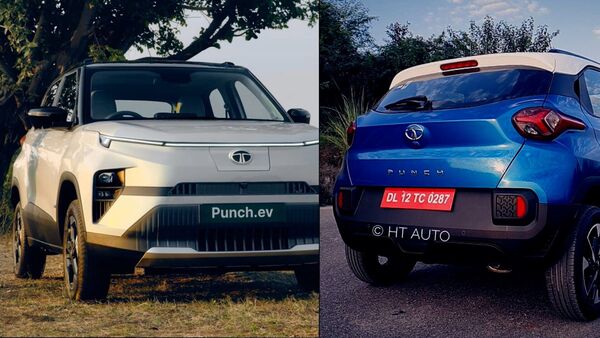There is good demand for compact SUVs in the Indian auto market. The same was seen in last month's sale also. Tata Nexon was the segment's best selling SUV in January 2026. At the same time, sales of Tata Punch and Maruti Suzuki Brezza have also increased. Let us have a look at the model wise sales report.
As told to you, Tata Nexon is at number one. It got a total of 23,365 new customers last month. This figure represents an impressive growth of 52 percent year-on-year compared to the total 15,397 units sold in January 2025.
Price and features of Tata Nexon
Its ex-showroom price starts from ₹ 7.31 lakh and goes up to ₹ 14.15 lakh in the top variant. It is available in all three fuel options of petrol, diesel and CNG. With a 5-star safety rating, the Nexon gets 6 airbags as standard, panoramic sunroof, 360 degree camera, JBL sound system, ventilated seats, 208 mm ground clearance and good mileage (17-24 kmpl).
Tata Punch
Tata Punch is at number two in the list. It has received a total of 19,257 new customers last month. This figure shows an annual increase of 19 percent compared to the total 16,231 units sold in January 2025.
Maruti Suzuki Brezza
Brezza is at number three in terms of sales. A total of 17,486 people bought it in January 2026. This figure represents an annual increase of 19 percent compared to the total 14,747 units sold in January 2025.
Maruti Suzuki Fronx
Maruti Franks is at number four in the list. It has received a total of 13,353 new customers last month. This figure represents a decline of 12 percent year-on-year compared to the total 15,192 units of the Frankos sold in January 2025.
Hyundai Venue
Due to increase in sales, Venue has registered its name in the list of top-5 compact SUVs. It has received a total of 12,413 new customers last month. This figure shows an annual increase of 12 percent compared to the total 11,106 units sold in January 2025.
Apart from the top-5 cars of the segment mentioned above, 10,998 units of Kia Sonet, 8,845 units of Mahindra XUV 3XO, 5,621 units of Hyundai Exter, 3,220 units of Skoda Kylaq and 2,521 units of Toyota Taisor were sold last month.


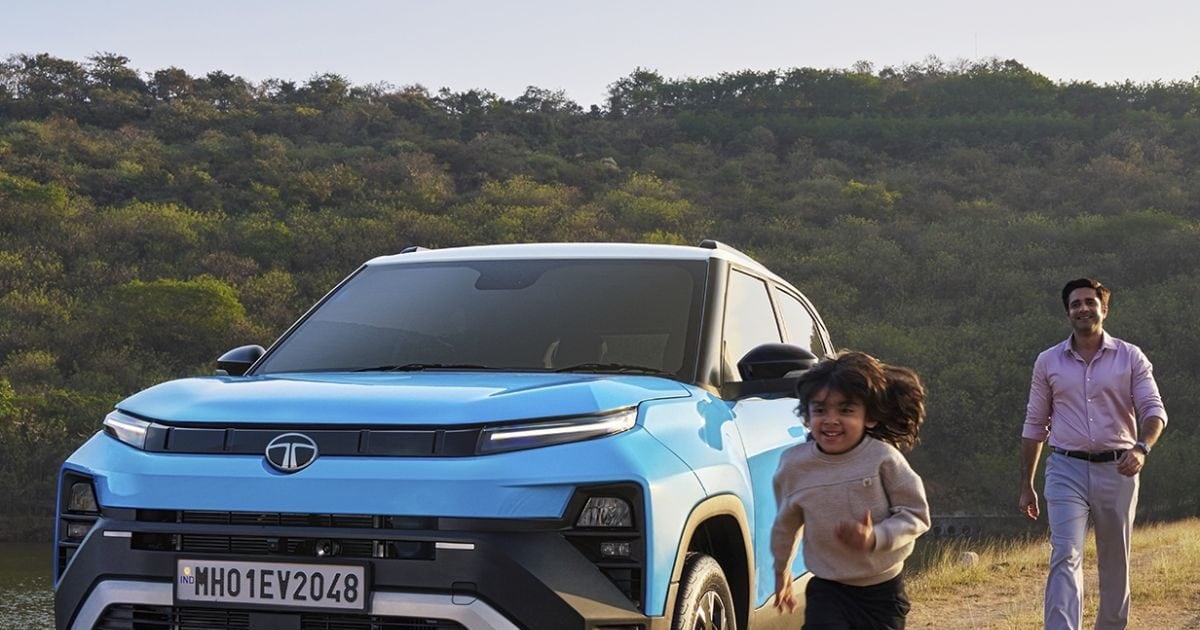
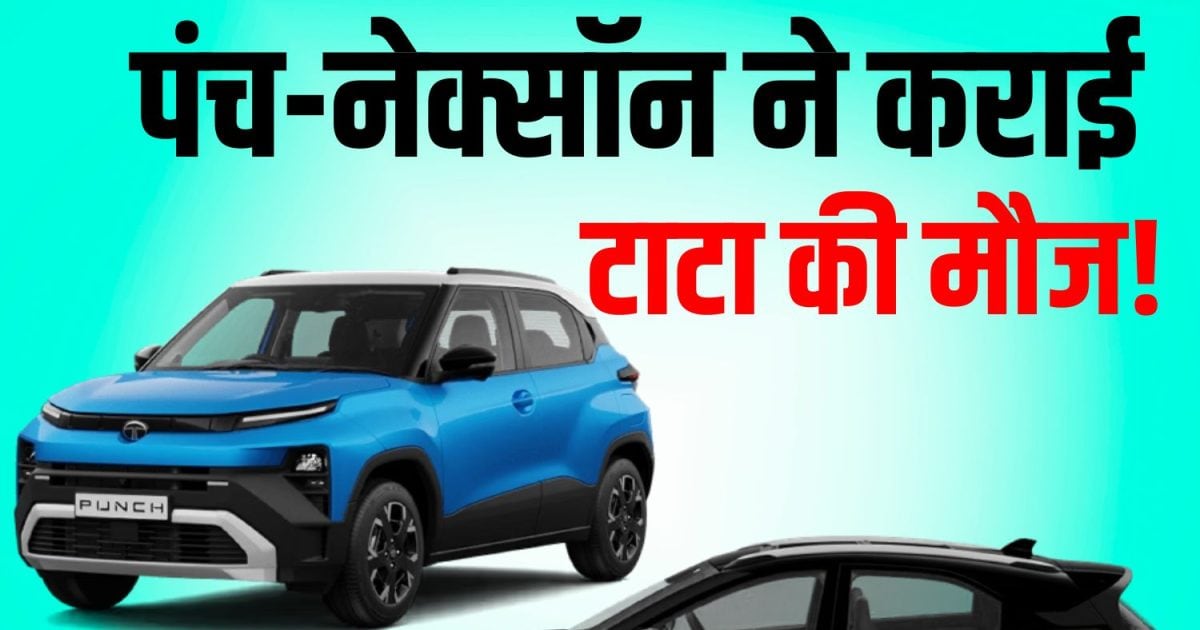
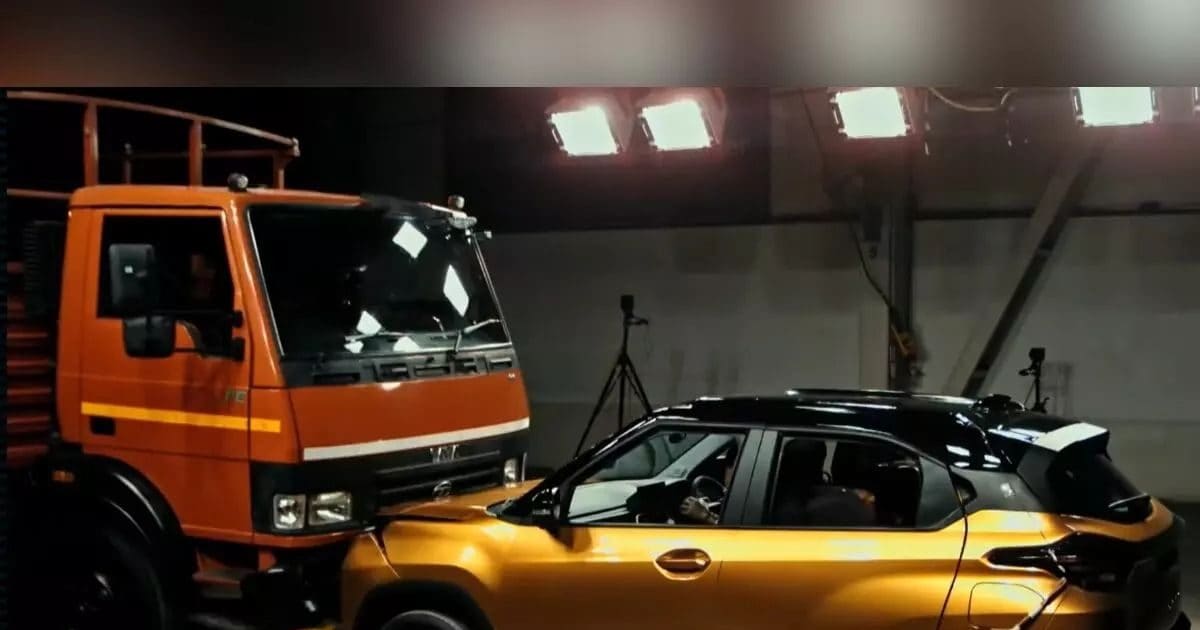



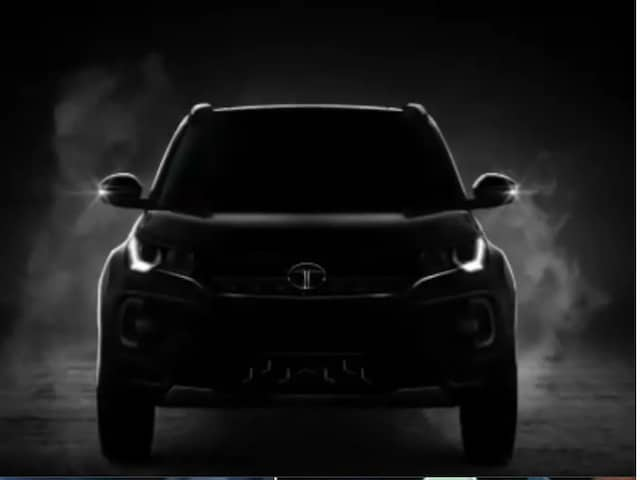
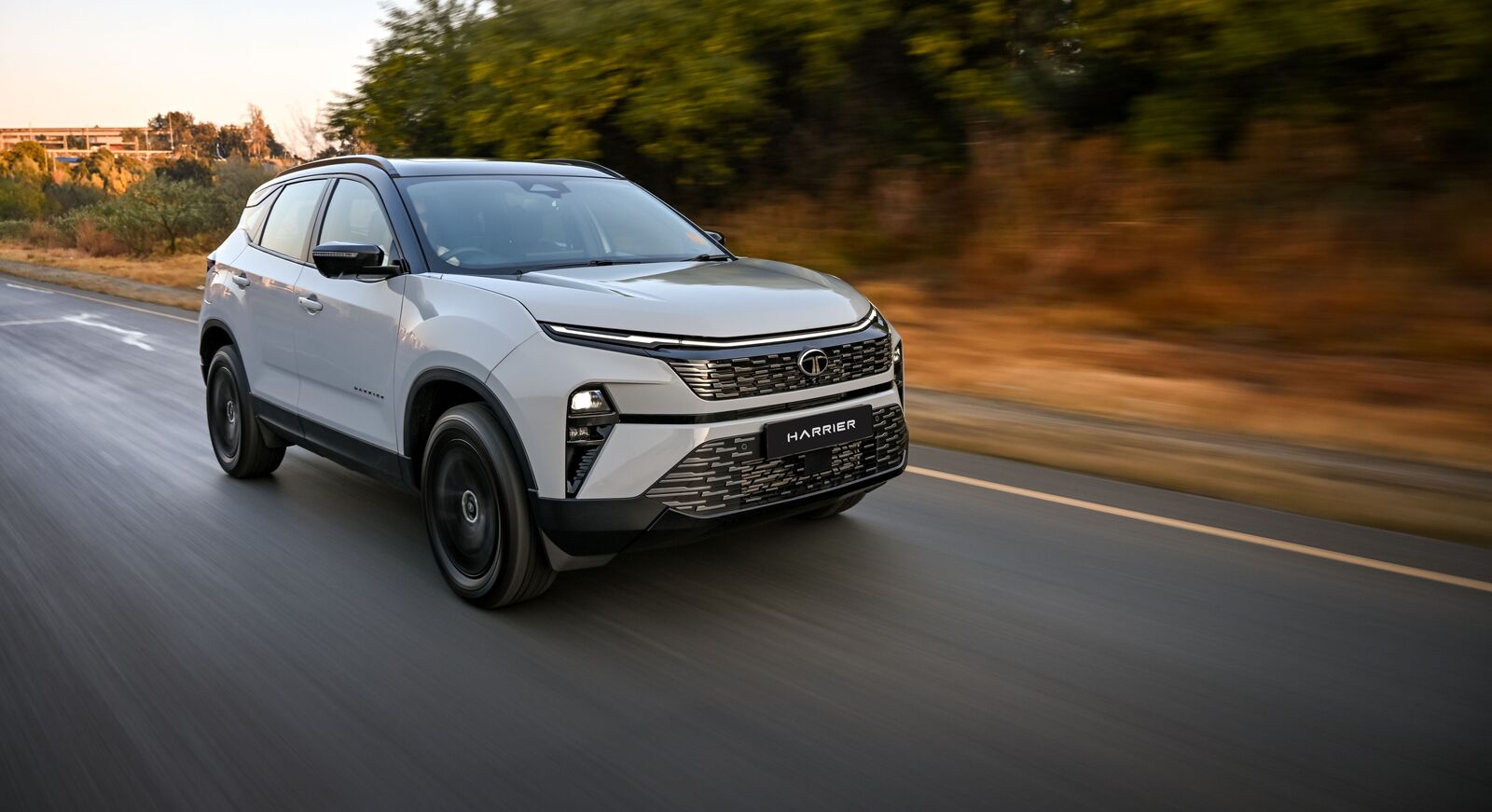


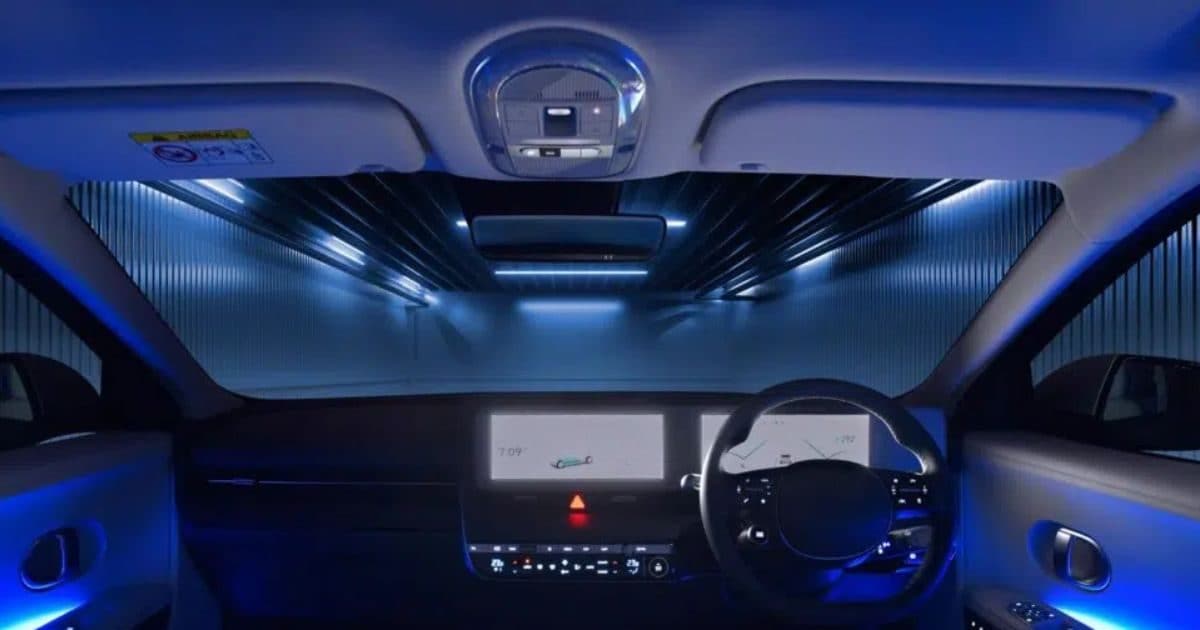

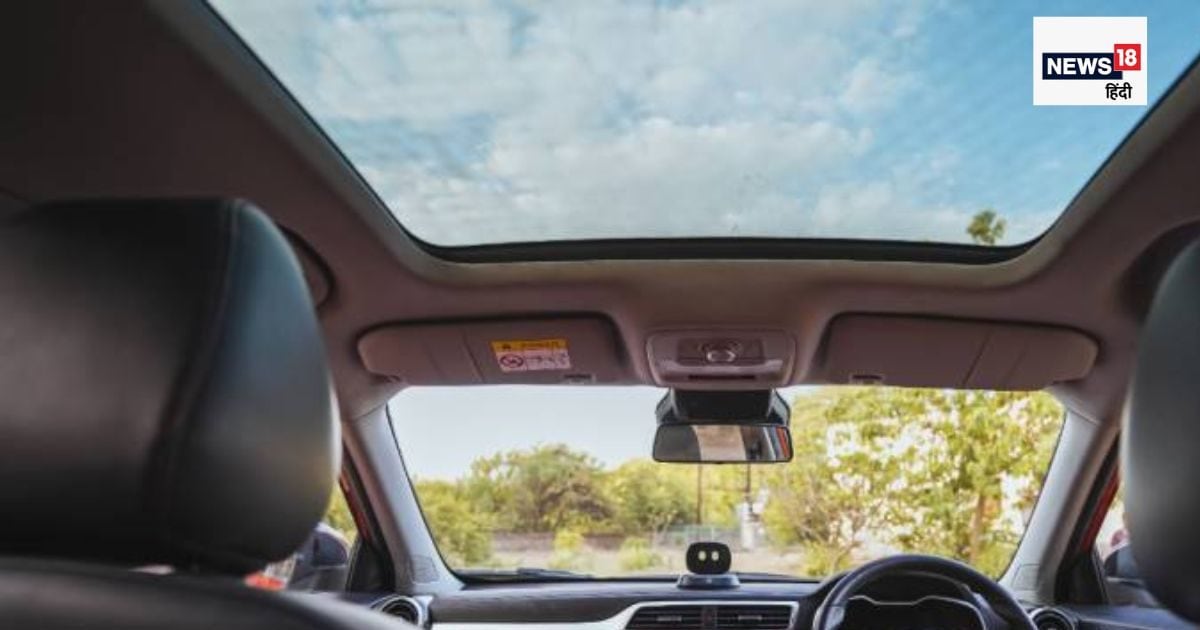
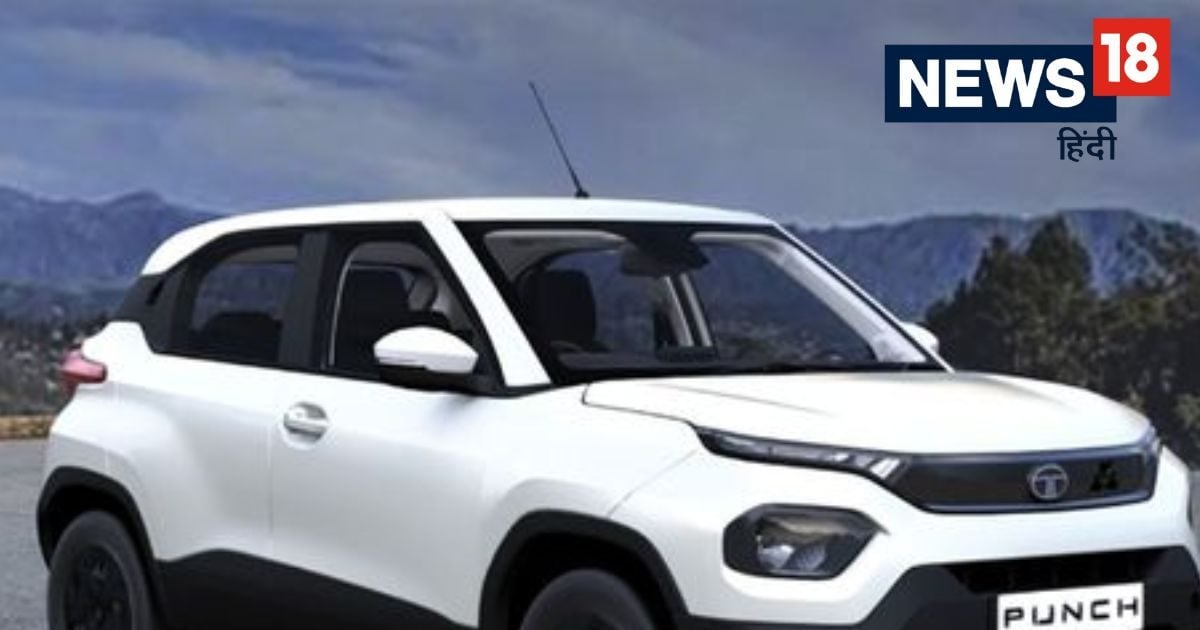
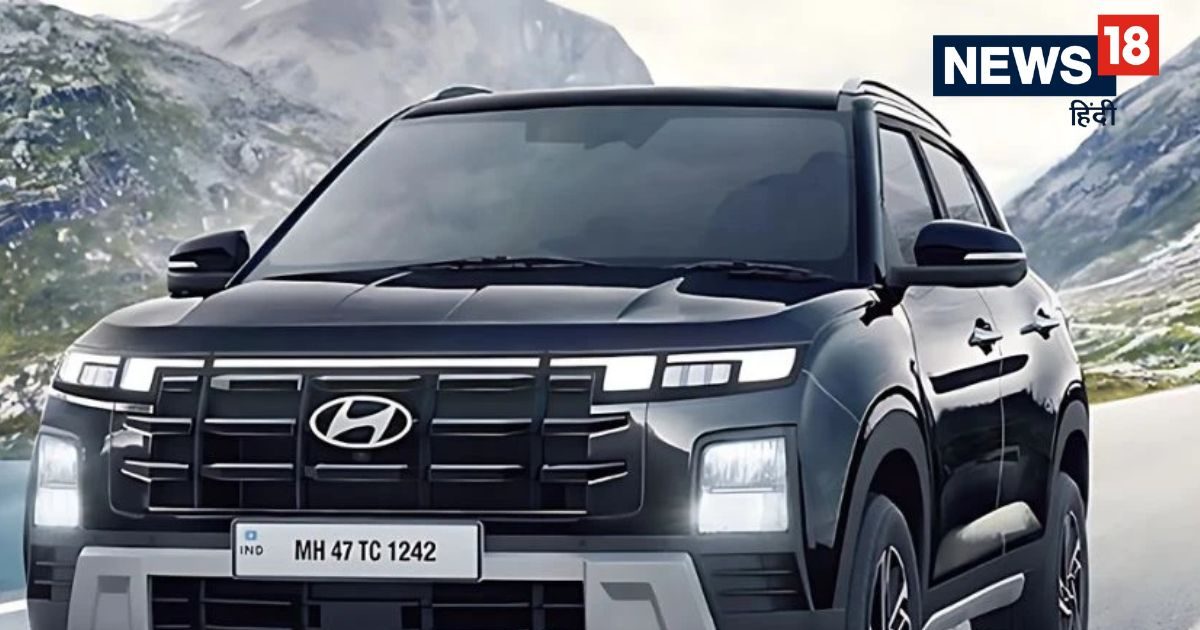
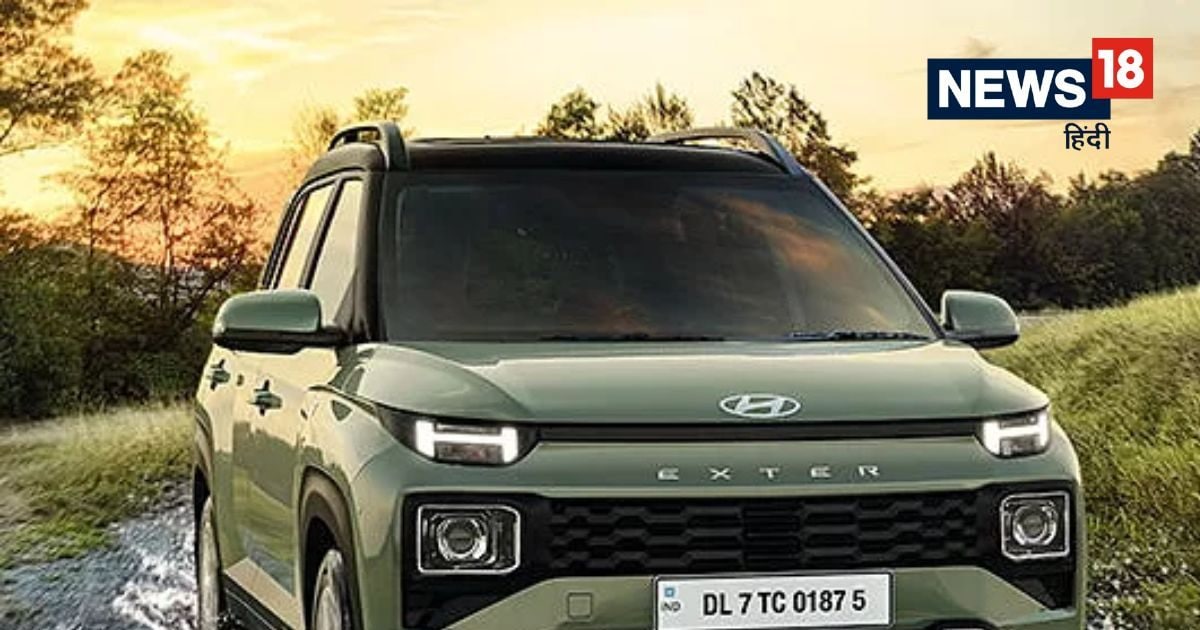

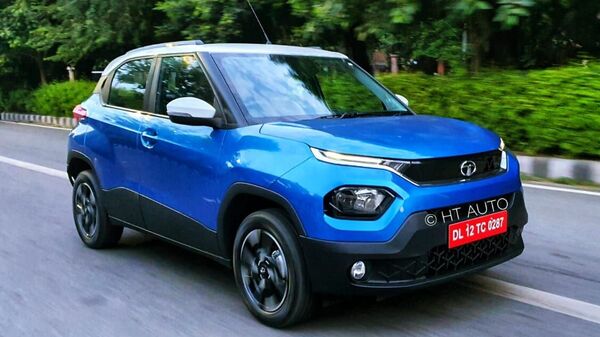
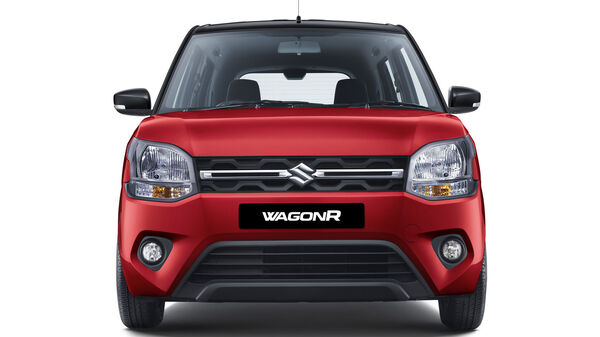
_1658209625109_1658209684469_1658209684469.jpg)
